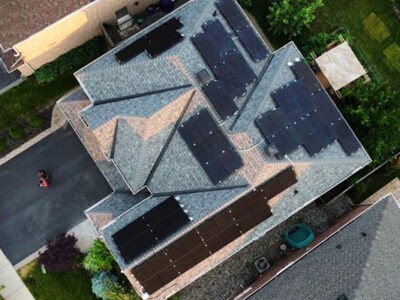Kenya has an ambitious plan to expand access to electricity through mini-grids. The project worth a total of $150 million is expected to receive World Bank Funding starting this month. It will bring electricity to markets, schools, homes and shops in areas that have never been electrified before and further from the national grid.
The World Bank says the project will ensure marginalized areas stretching across 14 countries get access to electricity through mini-grid solar plants.
Kenya is considered one of the best-prepared countries in Africa when it comes to the provision of such solutions. At the moment, there are over 400 registered solar energy companies with more than 300 trained technicians that are recognized by the Energy Regulatory Commission.
Although the project targets marginalized areas with settlements of about 300 to 400 inhabitants, households located in isolated areas will be supplied with home solar systems.
The installations will not only power market centers, community facilities, and households, but will also include schools. The systems will also be used to pump water, which will significantly reduce the cost of water extraction as a replacement to diesel pumps that have high operation and maintenance costs.
In order to ensure sustainability, the project will also provide technical assistance and training for the locals. There are other applications of the solar mini-grids once installed.
For instance, the locals can use power generated to power irrigation pumps, process harvests, as well as use it to power cold storage for perishable products such as milk.
In the long run, the quality of life in the identified marginalized areas is set to improve as a result of improved crop yields, increased income, and increased number of productive hours.
The success of the project will also influence the development of other projects not only in Kenya but across the continent.














Comments